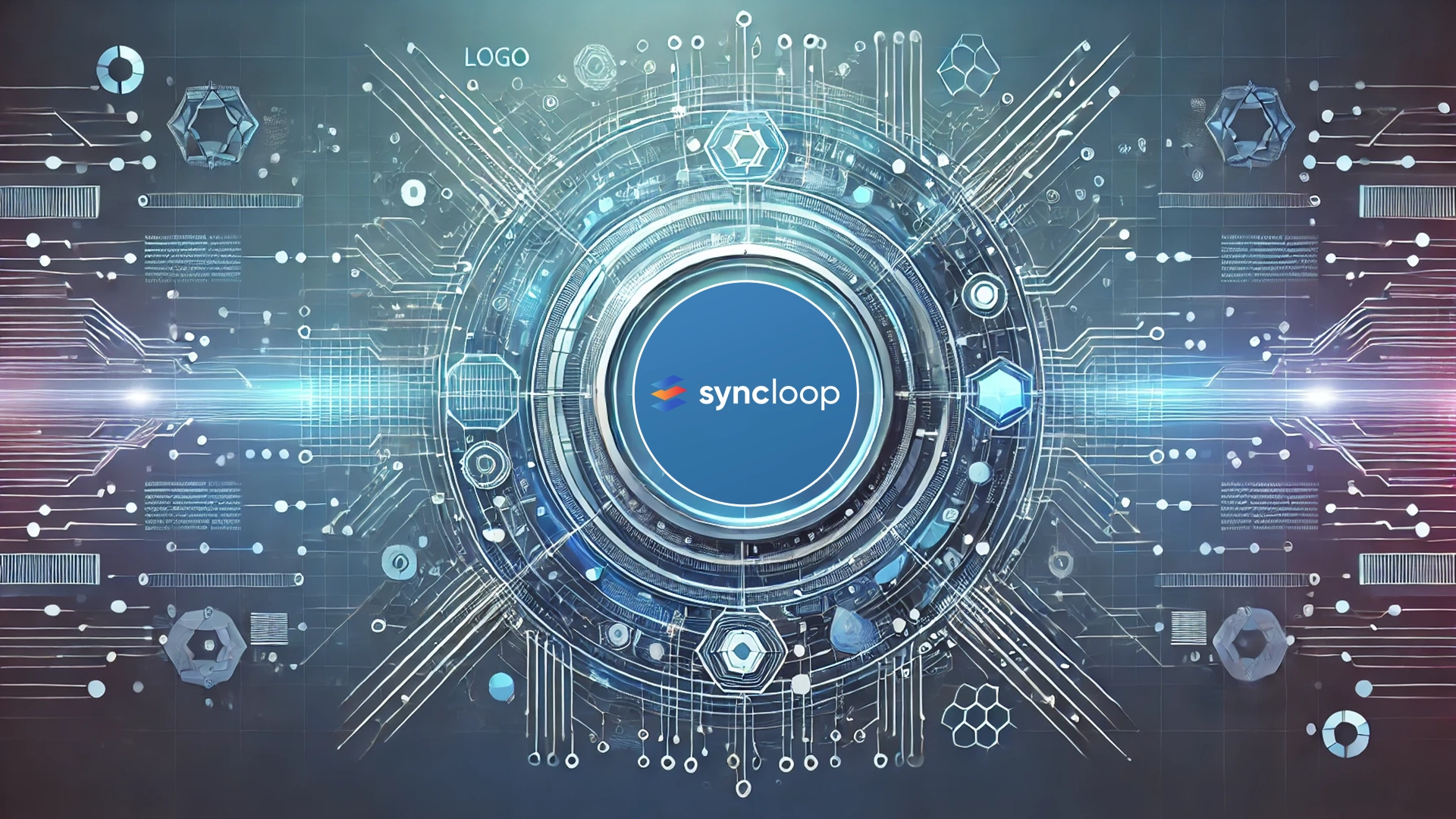Syncloop in Smart City Applications: APIs for Urban Development

The Role of APIs in Smart Cities
- Data Integration: Collect and aggregate data from diverse sources, such as IoT devices and public services.
- Real-Time Communication: Enable systems to interact dynamically, providing instant feedback and updates.
- Service Optimization: Automate and streamline public services like waste management and traffic control.
- Citizen Engagement: Offer APIs that connect citizens to real-time information and city services.
- Sustainability: Drive efficient energy use, pollution reduction, and resource management through data-driven decisions.
Syncloop APIs for Smart City Use Cases
- Traffic Management
- Use Syncloop to build APIs that monitor traffic conditions, optimize signals, and manage congestion dynamically.
- Enable integration with navigation apps to provide real-time route suggestions.
Example: An API that updates traffic lights based on real-time vehicle density to reduce wait times and emissions.
- Public Transportation
- Create APIs that track buses, trains, and other transit systems in real time.
- Provide citizens with accurate schedules, arrival alerts, and alternative route suggestions.
Example: An API that notifies commuters about train delays and suggests alternate routes during peak hours.
- Waste Management
- Develop APIs that optimize waste collection routes using data from smart bins.
- Monitor bin fill levels and notify operators when collections are needed.
Example: An API that reduces fuel consumption and operational costs by dynamically planning garbage collection routes.
- Energy Management
- Build APIs for smart grids that monitor energy consumption and manage distribution.
- Facilitate integration with renewable energy sources and storage systems.
Example: An API that enables citizens to track their energy usage and receive recommendations for conservation.
- Public Safety
- Use Syncloop to create APIs that integrate with surveillance systems, emergency response platforms, and predictive policing tools.
- Enhance response times and reduce crime rates.
Example: An API that alerts emergency services when IoT-connected street cameras detect unusual activities.
- Environmental Monitoring
- Develop APIs that track air quality, noise levels, and water pollution using IoT sensors.
- Provide data to citizens and policymakers for informed decision-making.
Example: An API that displays real-time air quality data on a mobile app, enabling citizens to plan outdoor activities.
- Smart Parking
- Build APIs that enable drivers to find and reserve parking spaces in real time.
- Reduce congestion and improve parking efficiency.
Example: An API that integrates with parking lot sensors to show available spaces and allow cashless payments.
- Citizen Engagement Platforms
- Create APIs that connect citizens with government services, complaint management systems, and local events.
- Enable mobile apps and web portals for easy access to city services.
Example: An API for a city app that allows residents to report potholes or broken streetlights with photos and geolocation.
- Water Resource Management
- Use Syncloop to build APIs that monitor water usage, detect leaks, and optimize distribution networks.
- Contribute to sustainable water management practices.
Example: An API that notifies households about unusual water consumption patterns, helping prevent wastage.
- Smart Building Integration
- Develop APIs that connect smart buildings with city-wide systems for energy, security, and utility management.
- Enable automation and efficient resource usage.
Example: An API that integrates building energy systems with a smart grid to balance electricity demand and supply.
Benefits of Using Syncloop for Smart City APIs
- Ease of Integration: Simplify the connection between diverse systems and devices with no-code tools.
- Real-Time Capabilities: Process and share data instantly for dynamic urban solutions.
- Scalability: Support growing urban populations and increasing data streams.
- Enhanced Security: Protect sensitive city and citizen data with robust security features.
- Customizability: Tailor APIs to specific urban challenges and community needs.
Use Cases Across Urban Development
- Transportation: APIs for traffic flow optimization, transit tracking, and mobility services.
- Utilities: APIs for energy grids, water management, and waste collection.
- Public Health: APIs for real-time environmental monitoring and citizen health alerts.
- Safety and Security: APIs for emergency response coordination and predictive analytics.
- Citizen Services: APIs for public service portals, complaint tracking, and civic engagement.
Conclusion
Syncloop empowers smart cities to build and manage APIs that address complex urban challenges, fostering innovation and improving quality of life. With tools for real-time data processing, integration, and scalability, Syncloop enables cities to stay connected, efficient, and sustainable in a rapidly changing world.
Back to Blogs